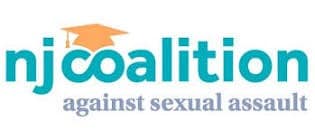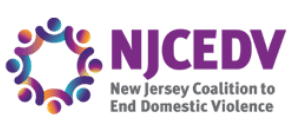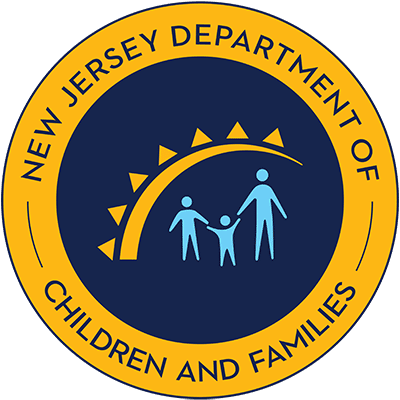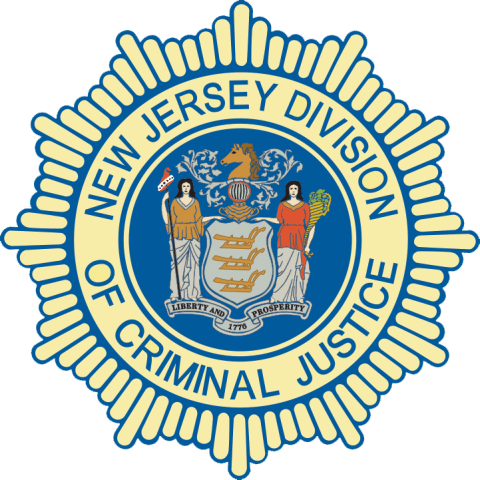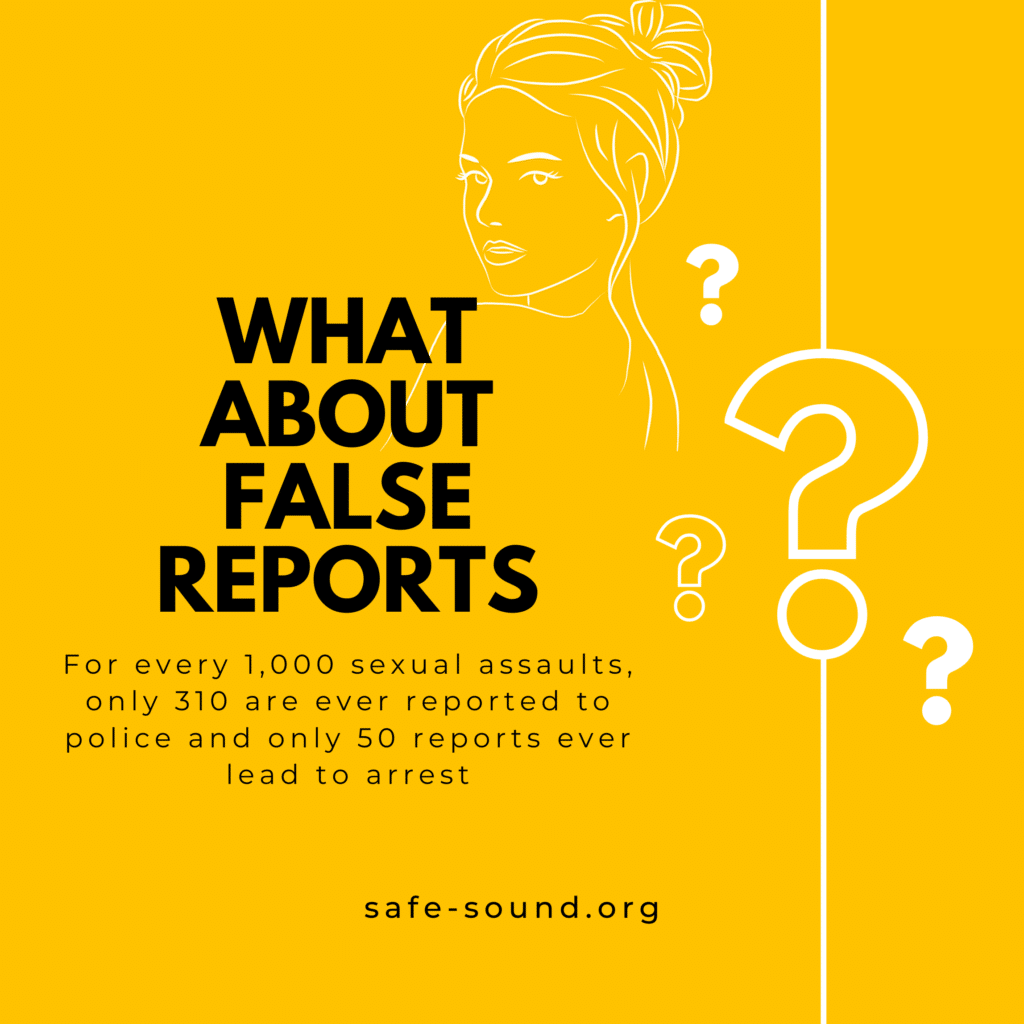
Although Safe+Sound Somerset staff have always received questions about false reports of sexual assault, we are hearing this question more frequently from both teens and adults recently. Too often it is the very first participant question at our outreach and prevention events – minimizing the impact of the information that was just shared about the rates of sexual assault and survivors’ experiences.
Perspective
Safe+Sound Somerset knows that sexual assault occurs at alarming and unacceptable rates, and sees the devastating impact on survivors, their loved ones, and our whole community every day.
One in 4 women and 1 in 26 men have experienced rape or an attempted rape. Some groups are disproportionately impacted – close to 40% of non-Hispanic American Indian and non-Hispanic multiracial women experience rape or attempted rape.2 Sexual assault victimization is linked with higher rates of depression, anxiety, eating disorders, suicide idealization, and future violence victimization; it violates the most basic rights of safety and freedom, leaving survivors in a state of crisis and trauma.
Sexual assault is under reported; more than 2 out of every 3 sexual assaults go unreported to law enforcement. For every 1,000 sexual assaults, only 310 are ever reported to police and only 50 reports ever lead to arrest. That does not mean that the other 950 assaults never happened. Survivors choose not to report for a variety of reasons:
- They fear retaliation from their abuser or community,
- Think that no one will believe them,
- Don’t want their rapist to get in trouble, or
- Don’t want the trauma of having to testify and relive the assault.
These fears aren’t unfounded. One survey of sexual assault victims who made a police report found that 87% of victims felt blamed by the police officers, with 70% of victims saying that the officers blamed their clothes or behaviors for the assault. 
Less than 17% of survivors make a report to punish the harm doer or to seek revenge against them – it is overwhelmingly a personal choice made to establish a feeling of safety and control over their body and life. When survivors do make a report, the majority do so to protect themselves or their household from future violent incidents by the harm doer, to stop ongoing abuse by the harm doer, or to prevent an escalation of the abuse.
Safe+Sound Somerset is also mindful that our country’s history provides important context for how a lot of people think about false reports now. Historically, false reports have been weaponized against People of Color, and Black men in particular. Fabricated claims of rape, sexual harassment, and even flirtation were used as an excuse for lynchings or false imprisonment. Such was the case of 14-year-old Emmett Till’s murder in 1955, whose accuser has since admitted that her accusations were lies. Even today, Black men are almost twice as likely as white men to be on sex offender lists, and 2.5 times more likely to be over classified on this list, given a classification status that is more severe than the charged offense.6
So, what the reality of false reports?
False reports of sexual assault do happen, just like they do in any other type of crime. Reliable studies (across multiple countries!) consistently put false reports at 2-10% of reports, with most studies falling in the 4-7% range. A report is considered false if there is an investigation that finds evidence an assault more than likely did not occur, or if the complainant recants or takes back the report. This includes situations where an investigation never took place, or an investigation did not find enough evidence to say a crime occurred. There are many sexual assaults that don’t have enough proof to suggest a crime occurred, so even the “false reports” number may include reports made in good faith.
There are also times when the public thinks an assault is false, made in bad-faith or out of revenge. This includes situations like the following:
- When a victim drops the case because of fear, harassment, or other personal reasons,
- A jury finds the defendant “not guilty,”
- When prosecutors refuse to take a case because of lack of evidence,
- When a victim’s appearance, actions, or behaviors don’t fit someone’s stereotype of how they think a “real victim” should act. For instance, a survivor may laugh while recounting the assault as a form of self-protection or trauma response, which may lead the community, jury, or law enforcement to think that the survivor is not telling the truth or that the assault wasn’t as bad as they say.
In our experience, a dropped case or “not guilty” decision do not mean that the sexual assault did not happen. These things unfortunately create a dangerous loop for those who have experienced sexual violence – the more the public thinks someone is lying, the more they harass the claimant, the more likely the victim will be to drop a claim – the result being that public will be more likely to think that most reports are false.
False reports extremely damaging for both the falsely accused and the sexual assault survivors who are now faced with additional skepticism, disbelief, and suspicion. There are people in the victim services field working to make the criminal justice system more equitable. As an example, there has been a rise in community groups piloting restorative justice, or social cohesion, programs that promote accountability, change, and healing for the survivor, the harm doer, and the whole community.
What can you do?
If you are worried about someone falsely accusing yourself or someone you care about, make a difference by learning about and teaching others how to ask for clear, safe, and legal consent. We often reference FRIES! – Freely given, Reversible, Informed, Everyone on board, Specific – in our work. By educating others about consent, you are both making it harder for someone to be falsely accused and reducing the rates of sexual assault in the first place.
What is my role if someone discloses sexual assault to me?
If our community’s initial response to someone revealing sexual violence is a concern about it being a false report, we are dismissing the experiences of survivors and making it harder for them to seek support and justice. Given the rates of sexual assault, it is overwhelmingly more likely that they are telling the truth, but also that they won’t ever even make a report to law enforcement. Even if you don’t believe someone, what harm could come from connecting them with an organization that provides support and information? There is a much higher chance of harm if a survivor is treated with suspicion, blamed, or denied access to services.
If someone reveals a sexual assault to you, here is how you can support them:
- Listen. This person is coming to you as a trusted individual for support. Being open to hearing them is everything.
- Don’t assume the role of factfinder. Fact-finding may need to happen later but usually falls on the criminal justice system, not the public.
- Let the survivor know that violence is never their fault, that they are not alone and there is help available. Offer them the Safe+Sound Somerset helpline number.
At Safe+Sound Somerset, We Believe Survivors! #WeBelieveSurvivors
Call or text our confidential 24/7 helpline at 866.685.1122 for Sexual Assault Response Team activation, supportive listening, safety planning, and information about our survivor-centered services. Find out more at www.safe-sound.org.

